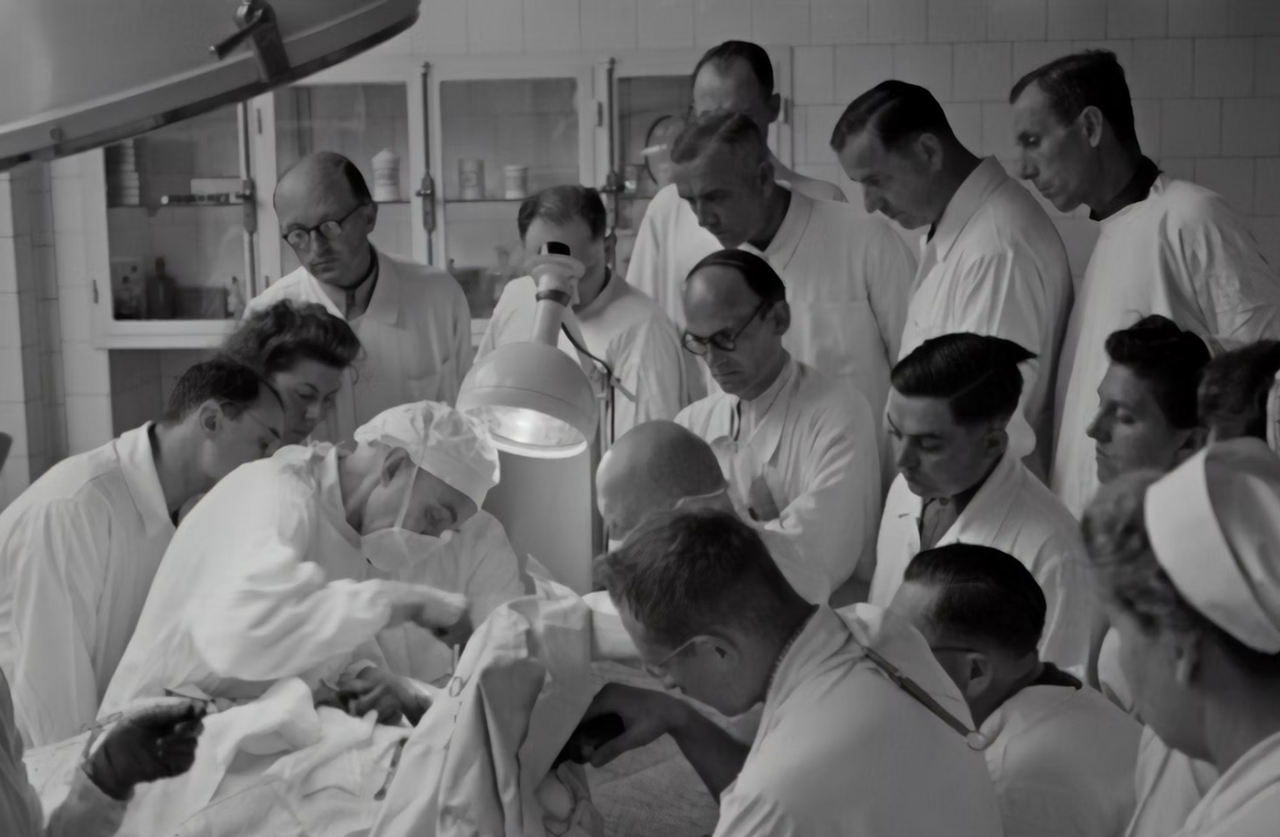Download PDF File Here Abstract Medical practices have many job functions with team members filling one or more depending on their skills and the needs of the organization. Job design is a management function to meet the organization's needs which is important but ignores the personal needs of employees. Job crafting describes how a leader and team...
by David F. Smith, Ph.D., CFP® Providing great service to clients is critical for CFP® practitioner firms to succeed. Perhaps it goes without saying that having team members get better at what they do leads to excellence, but there is much more to "improvement" than job excellence. Jul-2018-Improvement-JFP1 80 kb Download Files Download PDF Fi...
by David F. Smith, Ph.D., CFP® Are They Thinking of Quitting? Yes. Leadership studies find that each employed person has a degree of what is called voluntary termination intention (VTI) and CFP® firms are not immune to this employee characteristic. VTI came up during table-talk at an FPA® Chapter meeting: "Millennials just up and leave," compl...
Think "Inclusion" to Build Teamwork by David F. Smith, Ph.D., CFP® GETTING THE RIGHT work done the right way is crucial to every financial planning practice—and it requires teamwork. A practice leader, office manager, or lead planner who builds a high-quality social exchange relationship with each team member individually will benefit from hav...
Understand the Behaviors of Leaders and Team Members to Improve Your Organization by David F. Smith, Ph.D., CFP® RESEARCH ON EFFECTIVE leadership shows that applying five specific leadership behaviors when working with each team member will improve your organization Research also shows that team members can behave in three ways at ...
Five key leader behaviors that keep your best staff on your team by David F. Smith, Ph.D., CFP® Every person in medical practice, including the physician-owner, medical director, office manager, lab technicians—everyone—has some thought of quitting their work. The thoughts may be pervasive or momentary, and action may be imminent or a "Me? – Never!...
Changing behavior as a leader requires targeted effort. The important leadership behaviors need to be habits, so change is creating new habits. The first step is to observe how the leadership behaviors of inclusion, respecting, rewarding, improvement, and modeling are used at the start of the change process. The second step is to create goals ...
AT AN INDUSTRY conference recently, I was reminded how powerful reverse mentoring is for leadership development. Reverse mentoring is a management tactic that pairs senior members and junior members of the firm. This sounds like mentoring, but in this pairing, the junior member is in charge.I will be pre...
IT IS ESTIMATED that fully 50 percent of the working population in the U.S. is somewhat to highly introverted. This means that it is possible that half of the valuable employees at a financial planning firm prefer to not be on committees, prefer to not go to conferences, prefer to work alone, prefer to think&...
Inclusion behavior is a leader behavior that can improve team effectiveness and process efficiency. Leadership research has determined that the one-on-one relationship between a team leader and each team member is critical to team success. Successful outcomes are associated with specific leadership behaviors. Leaders can exhibit five specific behav...
During a recent leadership discussion with several financial planners, I was reminded that the internal leadership qualities used within their firm also applied to planner-client dynamics. Leadership in action can take a range of forms from "Emergency, get out of the house! It's on fire" to "Hey! Your house is in a wildfire-prone area, so we should...
Review of the findings in the article Rethinking the Extraverted Sales Ideal: The Ambivert Advantage by Adam M. Grant at: https://doi.org/10.1177/0956797612463706 Relate these two questions: Do you believe Extraverts make the best salespeople?Have you heard of Ambiverts? Research by Adam Grant of Wharton School at the University of Pennsylvania (DO...
Authentic Leadership: Not just another fad Do you need proof that you as a leader should be aware of your own thoughts and feelings regarding your work and your team? Probably not. But do you know what being aware actually does to improve outcomes? Recent research by Maximo, Stander, and Coxen (the authors) started with that awareness factor and fo...
Obsessing over OCB is Good Organizational Citizenship Behavior (OCB) describes actions of an employee where high OCB is evidenced by positive behaviors that are above expected. Low OCB is evidenced by negative, or lack of positive, behaviors that are below expected. For example, an employee with high OCB likely volunteers for committees while an em...
Leadership skills are critical in structuring a reward program that is effective. The goal of a reward program is to motivate a practice's employees to do the right work the right way. Most reward programs fall short. A new approach that considers individualizing rewards may work for a medical practice. However, designing and implementing a new pro...
Employee motivation is key to a successful medical practice. Intrinsic and extrinsic rewards are ways to positively affect motivation, but leaders need to be aware of the four main demotivators a) task orientation, b) personal emotions, c) self-confidence, and d) values. Utilizing the leader qualities of inclusion and respecting aid leaders in disc...
David Smith, our Director of Research, recently presented a Webinar to a large group of professionals who support charities. David provided three actionable strategies to help their boards function better. These strategies are aimed at board members who are introverts. These board members can present leadership challenges but by using the science o...
Effective teamwork is paramount in medical practice. The foundation for great teamwork according to research is the mutual trust and understanding of work tasks between the team leader and each team member. These qualities can be developed especially through the thoughtful application of five leader behaviors: Inclusion, Modeling, Improvement, Rewa...
How Successful Teams Work: What Science Says about Leadership and High-Performance Teamwork available on Amazon by David F. Smith, PhD guides the reader to develop leadership skills based on one-on-one relational behaviors. What this means is that the reader can learn to lead better by understanding that leadership requires developing the rela...
Leadership and the Millennial Generation: Millennials as Team Members, as Team Leaders, and as Team Leaders of Boomer Team Members by David F. Smith, PhD applies the concepts of behavioral leadership to the interactions a millennial leader or team member have regarding getting work done. The millennial generation acts differently than previous gene...




















